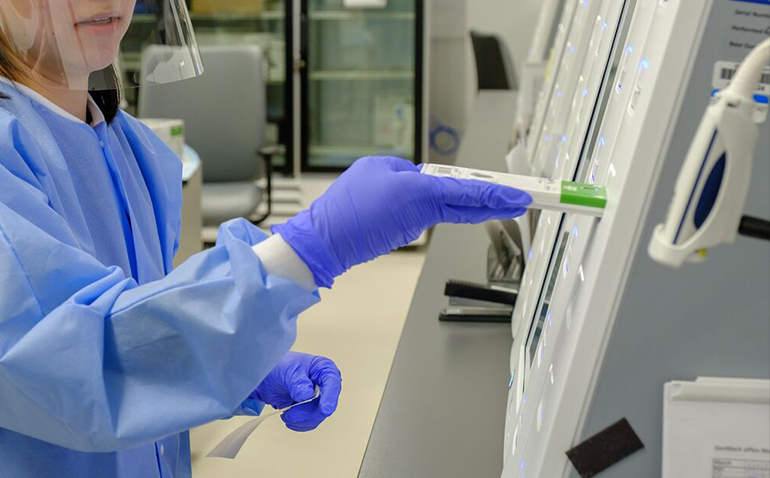
It’s All About the Data
Guest Contributor Bob Barker along with BPF’s Charles Grayson
The title of this article would not surprise you if you knew that it is authored by a chemist and a chemical engineer. You see, since our freshman chemistry labs at Ole Miss and Mississippi State many moons ago, we have been taught the importance of the data: Gather the data, analyze the data and draw your conclusions based on the data. Over the years we have learned to temper the process with our experience and sometimes our intuition.
With the current COVID-19 pandemic, we have all been reminded of the importance of data. We see the daily number of diagnosed cases, the numbers of hospital beds, the number of ventilators and most of all — the number of deaths from the virus. We are getting a little of the pain that our parents and grandparents must have suffered when they received reports from the battlefields of Europe and the Pacific during World War II. They worried daily about their loved ones in the midst of so many dying.
The Governor has reported that Mississippi ranks in the top four or five states on a per capita basis in testing for the virus. Kudos to Dr. Dobbs and the Mississippi State Department of Health, their employees and all the others throughout the state that have played a part in a job well done. Securing the nasal swab samples is a dangerous job, and running the laboratory test for the virus is a difficult and time consuming analysis. But we can’t rest on our results to date. More data is needed, particularly in antibody testing as we prepare to get our economy fully opened up. At the same time, we also have to be prepared to detect a secondary infection later this year or a new outbreak next year and test on a much larger scale. Until an effective vaccine is deployed, our state leaders will need to base critical decisions on the data as well as their experience and sometimes their intuition.
Can we accelerate our sampling, testing, and data analysis? Probably not if we continue with just our current resources. We can hope that help is on the way. The most recent stimulus bill passed by Congress included $25 billion for testing. We don’t yet know how that money will filter out, but surely it will be based on the President’s preference to delegate responsibility to the states with a backstop of funding. If we get a chance to do more, let’s make sure we take advantage of it.
Certainly, our universities and other state laboratories can play a role in increasing testing throughput and efficiency. There are capable people there who have plenty of laboratory infrastructure in place that can be utilized. There are reports of the University of Iowa, Iowa State University, University of Minnesota, Rutgers University and Georgia State University all actively participating in antibody testing in their states. You may have read last week about how Michigan State University developed a virus test that utilized a saliva sample instead of a nasal swab. Furthermore, their test was able to run twenty-two samples at a time on an existing molecular machine. Can you imagine how much better prepared we would be now if our universities had stepped in the game early and were already contributing to the Mississippi testing effort?
From our years of toiling in the private sector, we know that the ultimate success of implementing a large testing effort in Mississippi will rise and fall on the capabilities of those managing the effort. In our careers, we have seen both good management and not so good management and the results of each. We urge the Governor to make sure that the state is prepared to handle the management challenges that will come with increased testing in the coming months. We would like to see some innovative approaches to getting the job done. We have some ideas.
Testing is not going away any time soon. In fact, disease monitoring is a growth business for the future. We are seeing new testing methods developed almost weekly. And there is new technology on the way that’s will simplify the testing methods while improving the response time. We have seen it!
Mississippi must — for the sake of our state, our economy, our schools, our colleges, our churches, our children and all our citizens — meet the challenges of the current pandemic. Let’s make it happen; and remember IT’S ALL ABOUT THE DATA but generating the necessary volume of data will require strong leadership, effective management and focused effort.
To sign up for updates from BPF, subscribe here.
